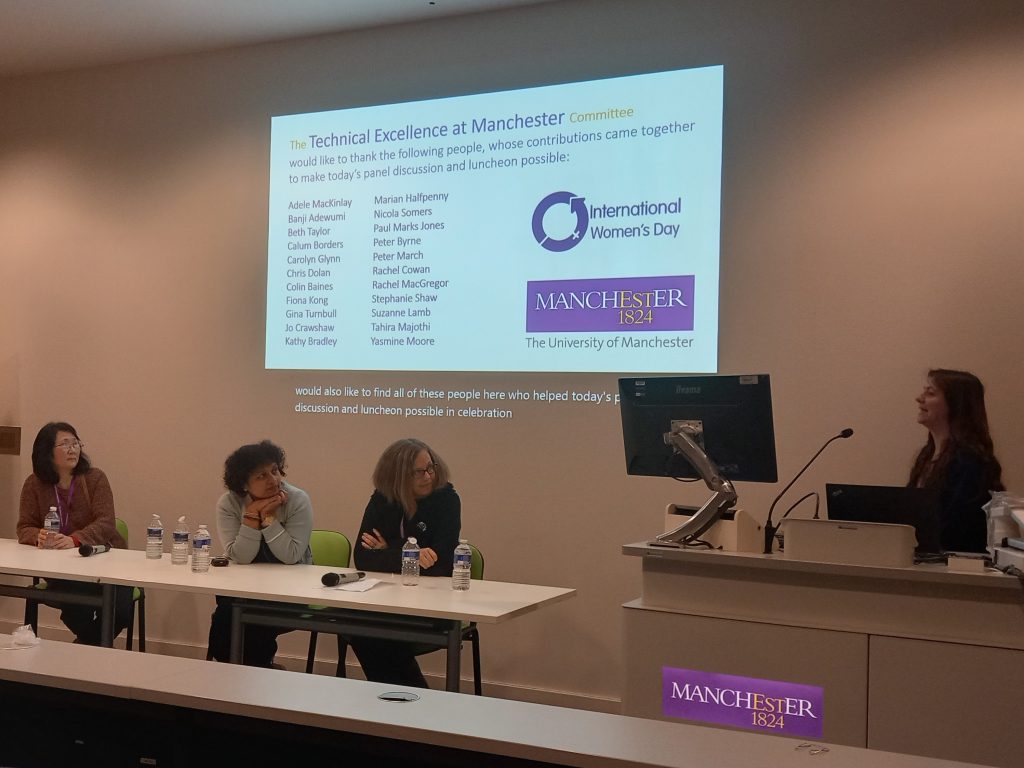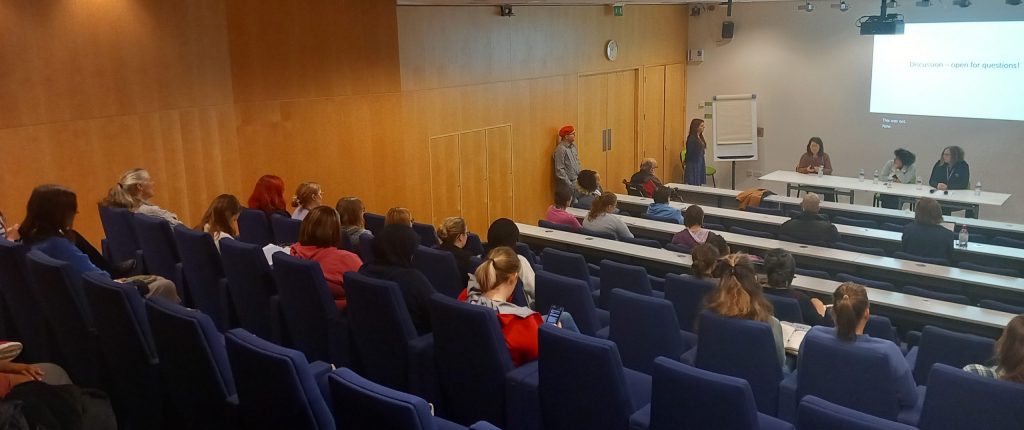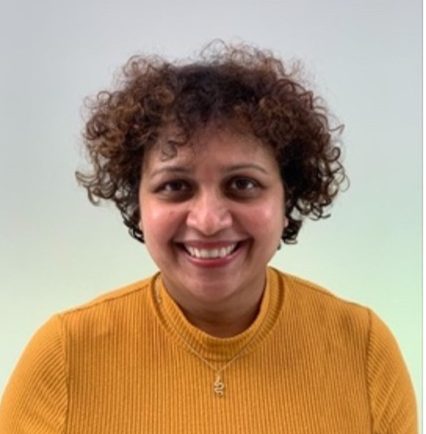(Contributed by Cassandra Hodgkinson, edited by Andrew Angus-Whiteoak)
International Women’s Day (IWD) – celebrated across the world annually on 8th March. The University of Manchester marks this day each year with a week of events. This year is no different. #EmbraceEquity is the theme for 2023. You can find out details about events on StaffNet.
With so many brilliant events planned, Technical Excellence at Manchester (TEaM) wanted to make sure to get in first to start things off with a roar. As a network that really speaks for a core body of essential staff at the University, it was critical to provide a platform for technical voices to be heard.
On Wednesday 15th February, a panel discussion took place in celebration of IWD. We made clear with our diverse and experienced panel that we truly support the University’s core values especially, in light of IWD, with respect to Equality, Diversity and Inclusion. The panel consisted of women in technical roles, including:
• Xiangli Zhong (she/her) – Senior Technical Specialist in Focused Ion Beam Systems (FSE)
• Dr Dharshika Pathiranage (she/her) (FBMH) – Laboratory Manager for a research group (FBMH)
• Victoria Kelly (she/her) – Risk and Compliance Officer (FBMH); and
• Dr Abby Ragazzon-Smith (she/her) – Analytical Specialist in the Physical and Elemental Characterisation team (FSE) (absent on the day, but the chair shared her thoughts/contributions on the day).
• Dr Jessica Boland (she/her) (chair) – Academic based in the Department of Electrical and Electronic Engineering (FSE), leading the CUSTOM near-field microscopy facility in the Photon Science Institute.

It was wonderful to hear each person share their experiences of their career journey, highlighting the positive and not so positive encounters along the way.
Topics of discussion included:
- Discrepancy between technical and academic structures
- Challenges to promotion / moving up grades
- Lack of a career path
- Some of these issues resulting the loss of skilled people to other institutions/industry
- Feeling that there are limited opportunities for recognition
- The need for greater representation of technical staff on decision making panels/committees
- Technical staff needing their own structure, rather than sit within Professional Services
Each panel member highlighted the support received from fellow technical staff and other colleagues, despite harrowing personal journeys. Having this support, and being encouraged to recognise their personal and professional value, helped them see the importance of their role within our organisation.

Some questions posed to the panel around their feeling of representation:
- Do you feel well represented? As a person with a protected characteristic or a technical member of staff?
- Any challenges faced to get that representation?
The responses covered aspects of disability; hidden disabilities and the importance of speaking up to increase awareness and access to support; the limited visibility of women in some areas of the organisation; the flexible working approach to cater for staff with caring responsibilities, and the difference in support / accessibility of this. There was a sense that things have improved within our organisation over the years. As with anything, there is always more that could/should be done. We know the Equality, Diversity and Inclusion office are progressing things more and more each year.
The pandemic revealed the capacity for our organisation to adapt and change working practices rapidly when there is a desire to. Hybrid working was made possible through the introduction of technology, systems and procedures. This has been well received and encouraged by so many as we strive for greater inclusion and a work-life balance. However, there is a cautionary tale from technical staff. Some systems previously embraced during the pandemic have been removed as the desire for a greater physical presence increases. Technical staff understand the requirement for delivering high quality teaching and research services, and would like an open mind to be maintained as to how this can look and the flexible approaches that may be suitable to implement (if service deliver and safety requirements allow).
Jessica closed the session with words of inspiration shared from Abby:
“Be the change you want to see!”
Encouragement provided to everyone, especially recognition that our technical staff are excellent!
You are encouraged to shout about the issues in your area. Seek out the advice and support you need to improve the way we work here at the University of Manchester so that we can #EmbraceEquity.

Support
The University aims to take a holistic approach that celebrates individuals. There are a number of policies and guidance documents to support gender equity. These include:
- Maternity toolkit
- Statutory paternity pay
- Parental and adoption leave
- Shared parental leave
- Menopause support
- Flexible working
- Career break
There are many policies to support all people across the organisation, found on the People &OD list, including:
- Disability Advisory and Support Service
- Equality and diversity policy
- Fertility treatment policy
- Hybrid working
Shout out to another Staff Network Group: Women@Manchester
Women@Manchester is a staff network group open to all colleagues at the University. The network are committed to non-binary and trans inclusion and welcome the contribution of all women.
The network is about creating a group who can learn from, work with and support each other’s careers and the conditions for success whilst in parallel continuing to accelerate gender equity within our University.
This network is intended to complement the existing vibrant networks that we have across the University.
More information: Women@Manchester staff network
A lot of the heavy lifting to coordinate this event was carried out by Andrew Angus-Whiteoak. The TEaM Committee and all of our network members are very grateful to you for making this event happen.

Victoria Kelly: “The most interesting question was “All other E&D networks have allies and champions, is there similar support for disabled staff?”. We were lucky enough to have Hamied Haroon in the audience, who is a research associate in FBMH. Who in 2006, go together with other colleagues to set up a disabled staff network at the University. It was one of the first in the UK, Hamied has since launched – and is Chair of – the National Association of Disabled Staff Networks (NADSN) who fielded this question. If you are interested, this Network is open to all members of staff at The University of Manchester who consider themselves to have an impairment, cognitive difference, or long-term health/medical condition, and to members of staff who have a specific interest in this area of work.” More information can be found here.
